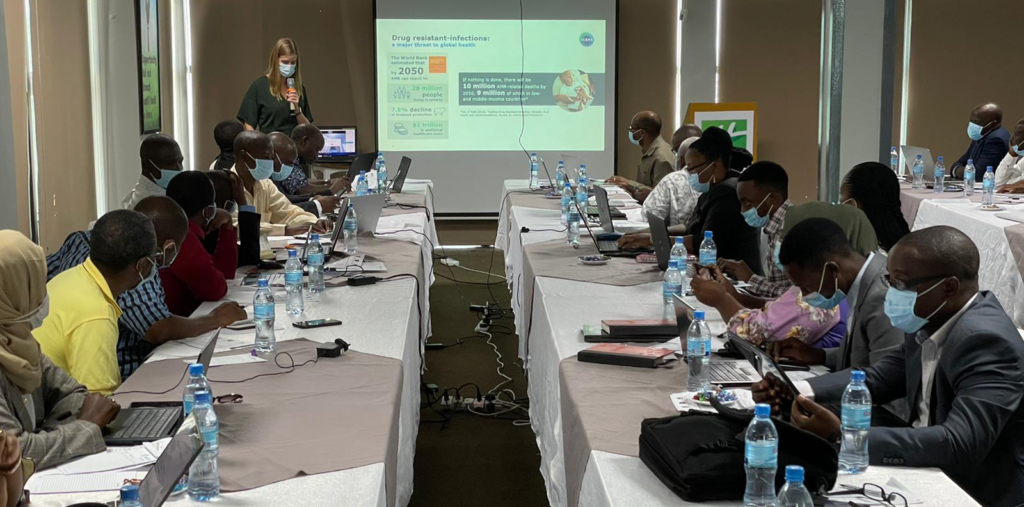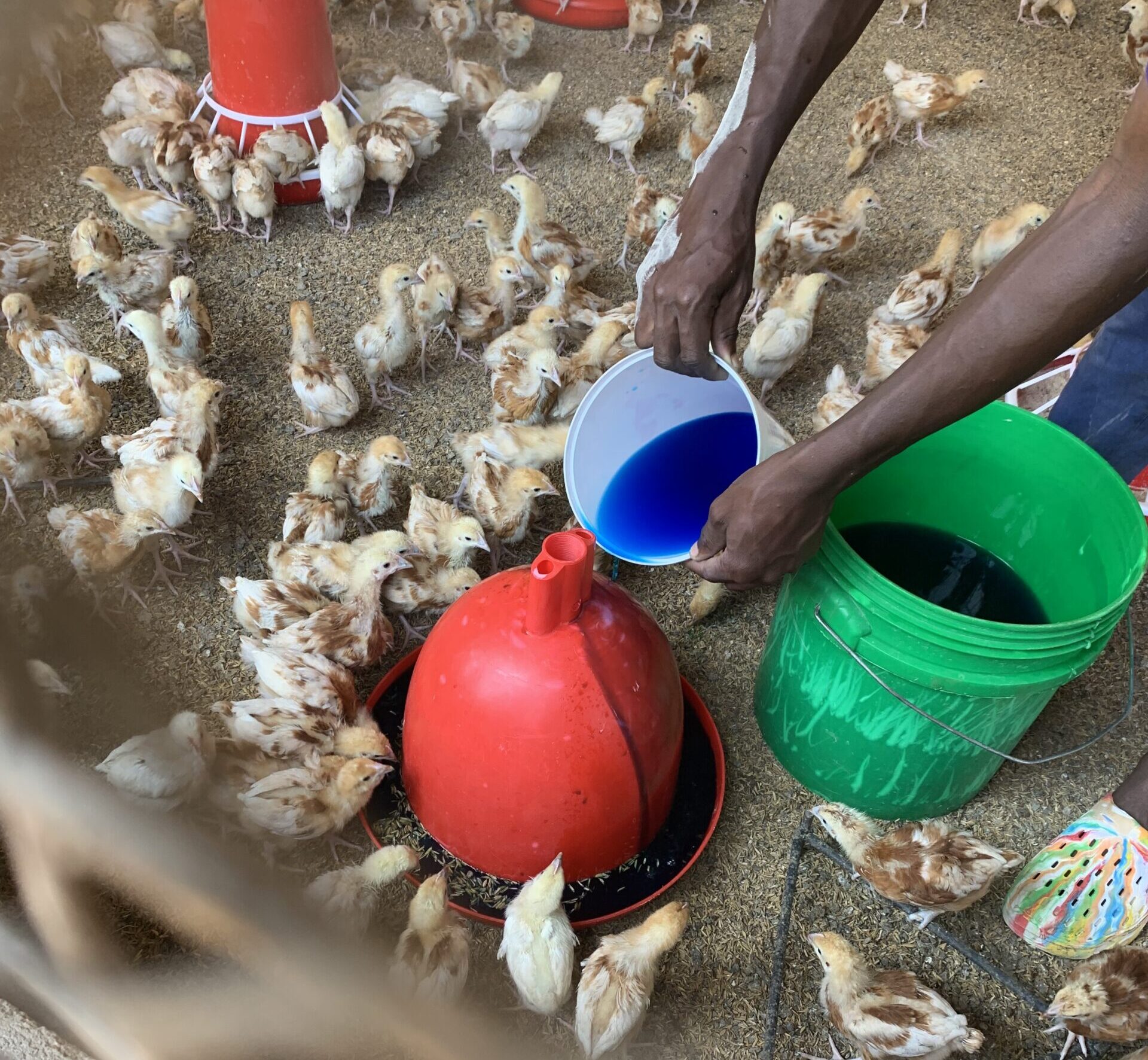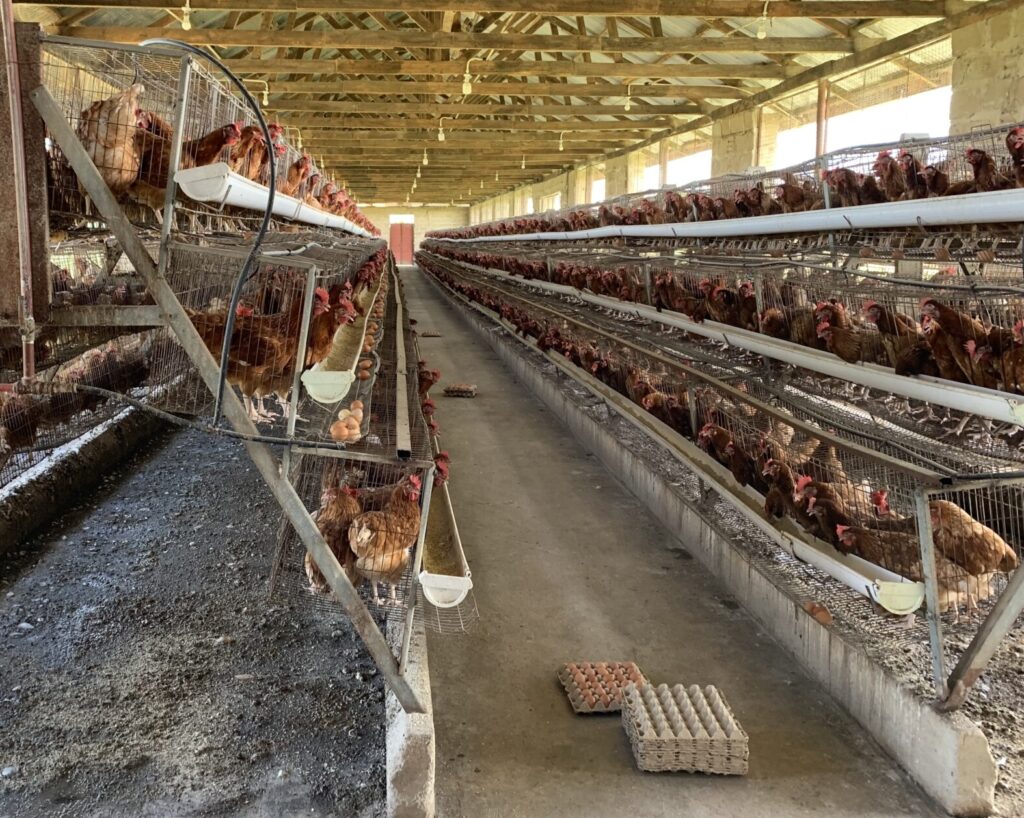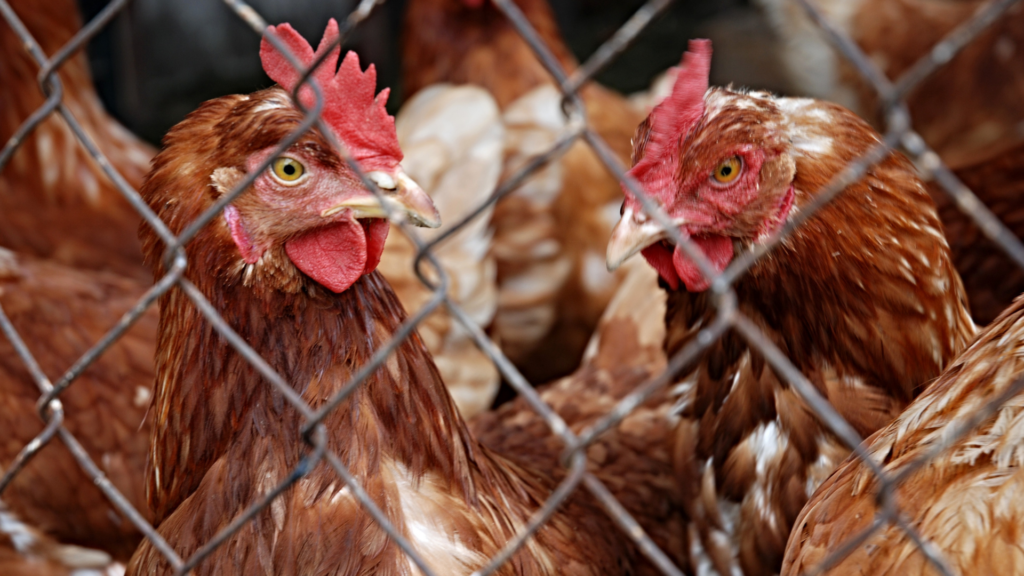Optimising vaccination and biosecurity regimes to enhance fight against AMR in commercial poultry production
Context
In April 2017, Tanzania launched their National Action Plan to guide mitigation strategies in line with the Global Action Plan on antimicrobial resistance (AMR) using a One Health approach. In Tanzania, there is currently high usage of antimicrobials in livestock, for example, between 2010 and 2017, consumption of antimicrobials in livestock reached approximately 12.2 million tonnes (Kimera et al., 2020; Mdegela et al., 2021; Sangeda et al., 2021). In the animal sector, the highest consumption of antimicrobials is in short-cycle food producing animals, in particular poultry, which are reared commercially under intensive production systems.
Problem
The United Republic of Tanzania is experiencing a surge in commercial poultry production at an average annual growth rate of 6.4% in response to increased demand for eggs and broiler meat (United Republic of Tanzania URT, 2021). This increased demand has led to intensified poultry production, which increases the risk for poultry diseases if proper preventive and control measures are not instituted. In Tanzania, inadequate vaccination and biosecurity measures have led to increased disease burden in poultry farms and higher antimicrobial use. Consequently, increased non-prudent antimicrobial use in poultry can negatively impact the safety of poultry products for human consumption.
“While vaccination and biosecurity are effective in the poultry sector globally, these are not always tailored to local realities and are therefore not feasible. This exciting project will look at the most appropriate vaccine and biosecurity mechanisms in three Tanzanian settings to support healthy and sustainable poultry production”
Erica Westwood, Senior Science Advisor

Project overview
By generating evidence at the farm level this project aims to address real-time challenges that farmers are likely to face when implementing the interventions and to develop solutions to facilitate its smooth uptake. This project aims to optimise, promote and apply these vaccination regimes to the local context.
Specific objectives for the project include:
- To establish baseline knowledge, attitude and practices (KAP) of actors in the value chain on vaccination and biosecurity measures in commercial poultry production.
- To analyse existing policy and regulatory frameworks that govern the use of vaccines and biosecurity measures in commercial poultry production.
- To investigate the effectiveness of defined vaccination and biosecurity regimes in reducing diseases occurrence and the use of antimicrobials in selected settings
- To investigate the factors that prevent effectiveness of vaccines and cold chain management systems.
- To develop and test a business model for sustainable vaccination and biosecurity interventions.
- To build capacity through training and disseminate project findings to relevant stakeholders using a knowledge translation approach.
This project will take place in small and medium sized commercial poultry farms in Tanzania.
“In commercial livestock production systems, vaccination and biosecurity are key requirements that must go hand in hand to ensure food security and safety, in particular to fight against antimicrobial resistance”
Professor Robinson Mdegela, Sokoine University of Agriculture
Outcomes
This project intends to reduce antimicrobial use, and therefore antimicrobial resistance emergence through tailored vaccination and biosecurity regimes in commercial poultry production.
The project also will identify potential factors contributing to vaccine failure along the supply chain and assess the efficacy of vaccines along the supply chain to the last mile. This project will further identify the factors affecting best practices for the delivery of vaccines at farm level and build human resource capacity.
The project will build local capacity to support collaborative on-farm training. By involving farmers throughout the study lifespan, it is intended that they will see first-hand the benefits for poultry health and growth while also understanding the economic benefits of implementing preventative measures. This will be further supported through the production of a business case to assess the costs and benefits from interventions, to support future scale up.
Evidence generated from this project is expected to inform national policy and regulatory levers.
Facts
Region: Africa
Sector: Terrestrial and Aquatic Animals
Country: Tanzania
Type: Project
Country partners: Ministry of Livestock and Fisheries in Tanzania, Ministry of Agriculture, Irrigation, Natural Resources and Livestock in Zanzibar, Sokoine University of Agriculture (SUA), Zanzibar Livestock Research Institute (ZALIRI)
Timescale: 1st May 2022 - 31st October 2026
ICARS funding: 803,088.23 USD
ICARS Science Team


Resources
Share
Share this project on socials



